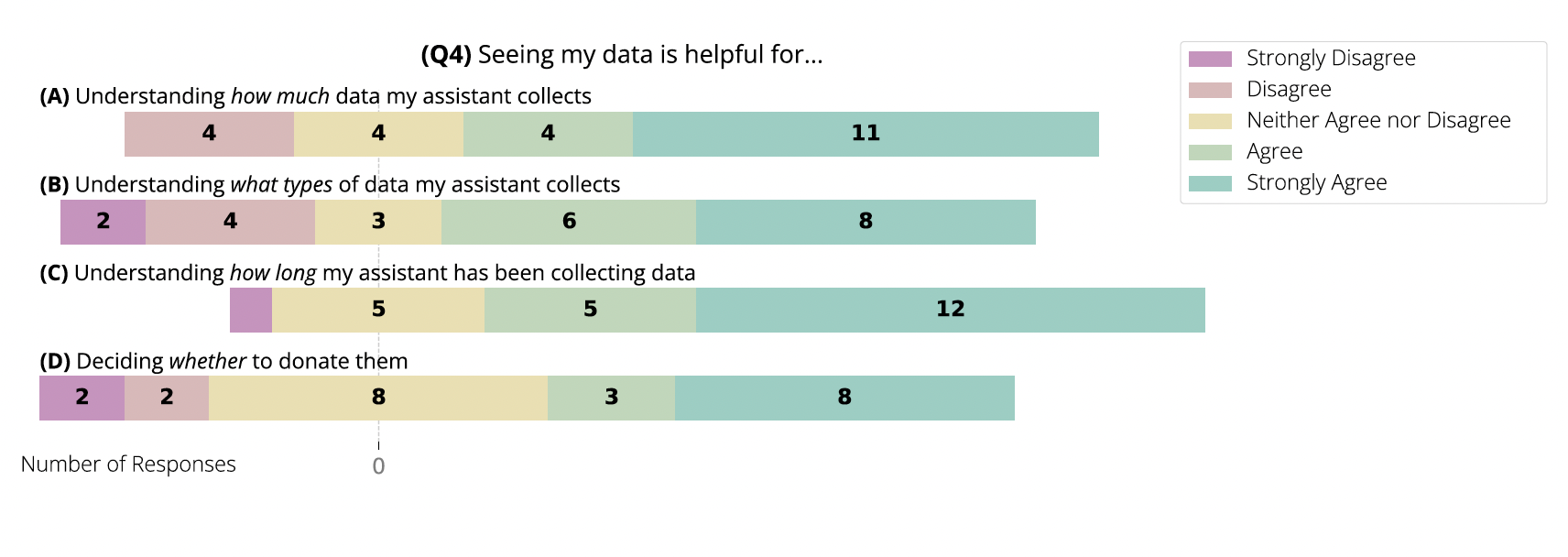Together with Alejandra Gomez Ortega, Wiebke Toussaint Hutiri and Gerd Kortuem, we published a article in AI and Society ‘Beyond data transactions: a framework for meaningfully informed data donation’. We discuss the opaque nature of personal data and what it means for informed consent in data donation.
Abstract
As we navigate physical (e.g., supermarket) and digital (e.g., social media) systems, we generate personal data about our behavior. Researchers and designers increasingly rely on this data and appeal to several approaches to collect it. One of these is data donation, which encourages people to voluntarily transfer their (personal) data collected by external parties to a specific cause. One of the central pillars of data donation is informed consent, meaning people should be adequately informed about what and how their data will be used. However, can we be adequately informed when it comes to donating our data when many times we don’t even know it is being collected and, even more so, what exactly is being collected? In this paper, we investigate how to foster (personal) data literacy and increase donors’ understanding of their data. We introduce a Research through Design approach where we define a data donation journey in the context of speech records, data collected by Google Assistant. Based on the data donation experiences of 22 donors, we propose a data donation framework that understands and approaches data donation as an encompassing process with mutual benefit for donors and researchers. Our framework supports a donation process that dynamically and iteratively engages donors in exploring and understanding their data and invites them to (re)evaluate and (re)assess their participation. Through this process, donors increase their data literacy and are empowered to give meaningfully informed consent.
